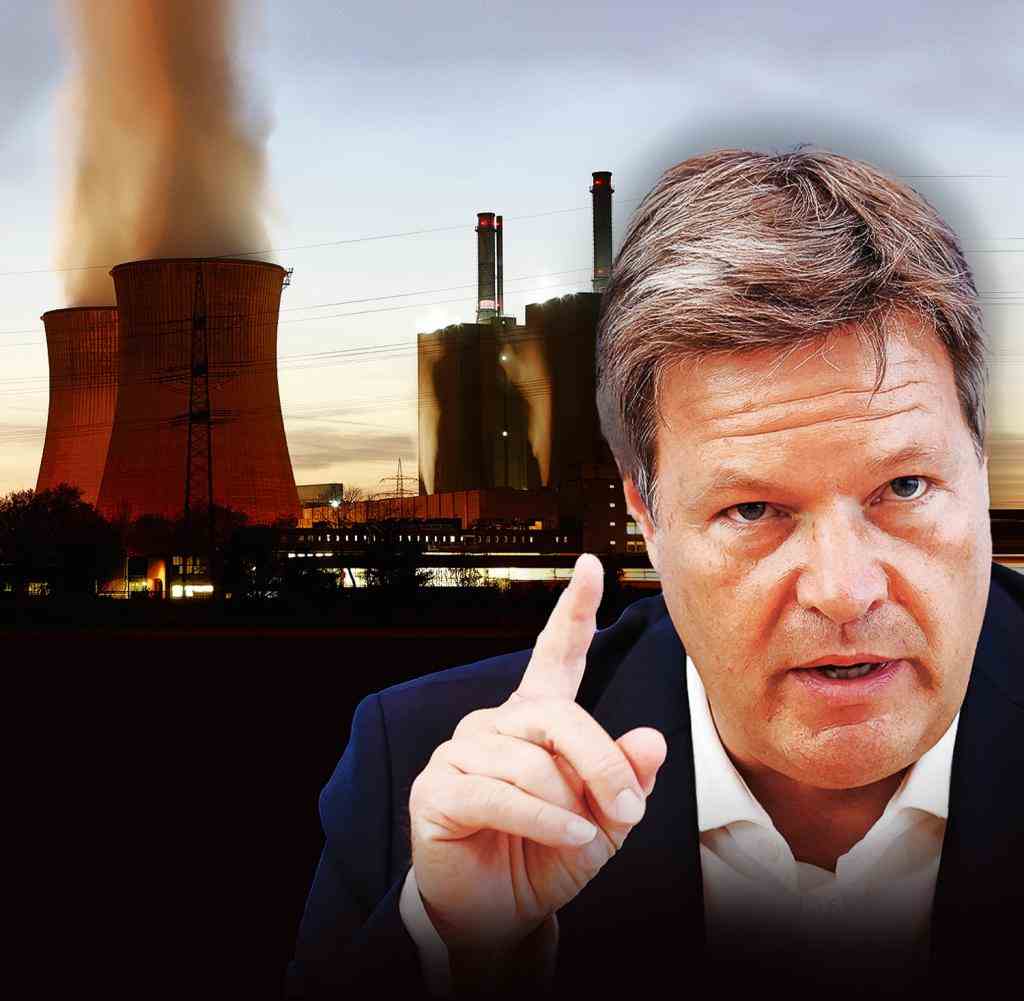World Medical President defends EU plan – “Bring your sweater with you”
“Here the state intervenes and gas is rationed”
“We are currently in the second level of the alert,” says WELT reporter Marian Grunden. He explains what the gas emergency plan for Germany is all about and how exactly it works. But one thing he makes clear: “The emergency plan is being shaken diligently.”
The EU Commission expects that Russia could turn off the gas supply this year. Now there is a draft for an emergency plan. Backing for reduced temperatures – for example in the office – is provided by World Medical President Montgomery.
AIn view of the looming gas crisis, the economy and consumers could face extensive energy-saving measures. A draft for an emergency plan by the European Commission provides that public buildings, offices and commercial buildings should be heated to a maximum of 19 degrees from autumn. “Acting now can reduce the effects of a sudden supply disruption by a third,” says the text, which is available to the dpa and AFP news agencies. There is now a “considerable risk” that Russia will stop gas supplies to Europe this year.
Companies that can replace gas should reduce their consumption, they say. The aim is to protect industries that are particularly important for supply chains and competitiveness.
The EU Commission is also proposing extensive gas-saving campaigns for the period from October to March. This is intended to encourage private households to “turn down the thermostat by one degree”. “Everyone can now save gas,” says the draft. “The higher the reduction through voluntary measures, the less the need for mandatory restrictions for the industry.”
No health risks to worry about?
There was prominent support for the Commission’s plans. Frank Ulrich Montgomery considers a heating temperature of 19 degrees in offices to be harmless to health.
“Then you bring your sweater from home,” said the chairman of the World Medical Association on Thursday of the Bayern media group. The reduction only has to be announced in good time so that everyone can prepare for it – the temperature reduction means “nothing at all” for the health of employees.
Montgomery met criticism of the EU Commission’s 19-degree plans with incomprehension. “This debate is simply undignified given the threat to the people of Ukraine and our susceptibility to blackmail from Putin,” he said.
EU Commission: Gas supply already drastically reduced
Existing rules stipulate that households and hospitals, for example, would be prioritized in the event of a gas shortage. However, if electricity production is at risk, countries could place the supply of gas-fired power plants for the electricity supply via certain protected consumers, the EU says in the new plans.
“In emergencies, Member States may decide to prioritize the gas supply of certain critical gas-fired power plants over the gas supply of certain categories of protected customers where the security of electricity supply could be at risk,” the draft reads.
The plan is subject to change and is expected to be officially presented next Wednesday (July 20).
According to the text, simulations by the regulatory authority ENTSO-G have shown that a delivery stop in July would mean that the gas storage facilities could not be sufficiently filled and that there could still be shortages in winter and next year.
If there were a disruption in October or later, there would be fewer risks to winter demand. But then you would have less time to react. The impact for member states will depend on how dependent they are on Russian gas, it said. Germany is one of the most affected countries.
According to the Commission, gas supplies from Russia have already drastically reduced. Overall, the gas flows are now less than 30 percent of the average for 2016 to 2021, according to the draft. This has led to historically high energy prices and fueled inflation. There is no indication that the situation will improve. It’s more likely to get worse.


